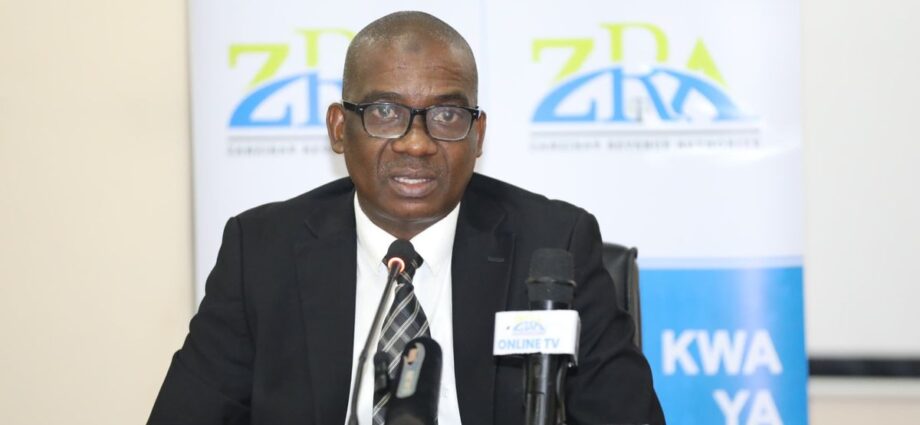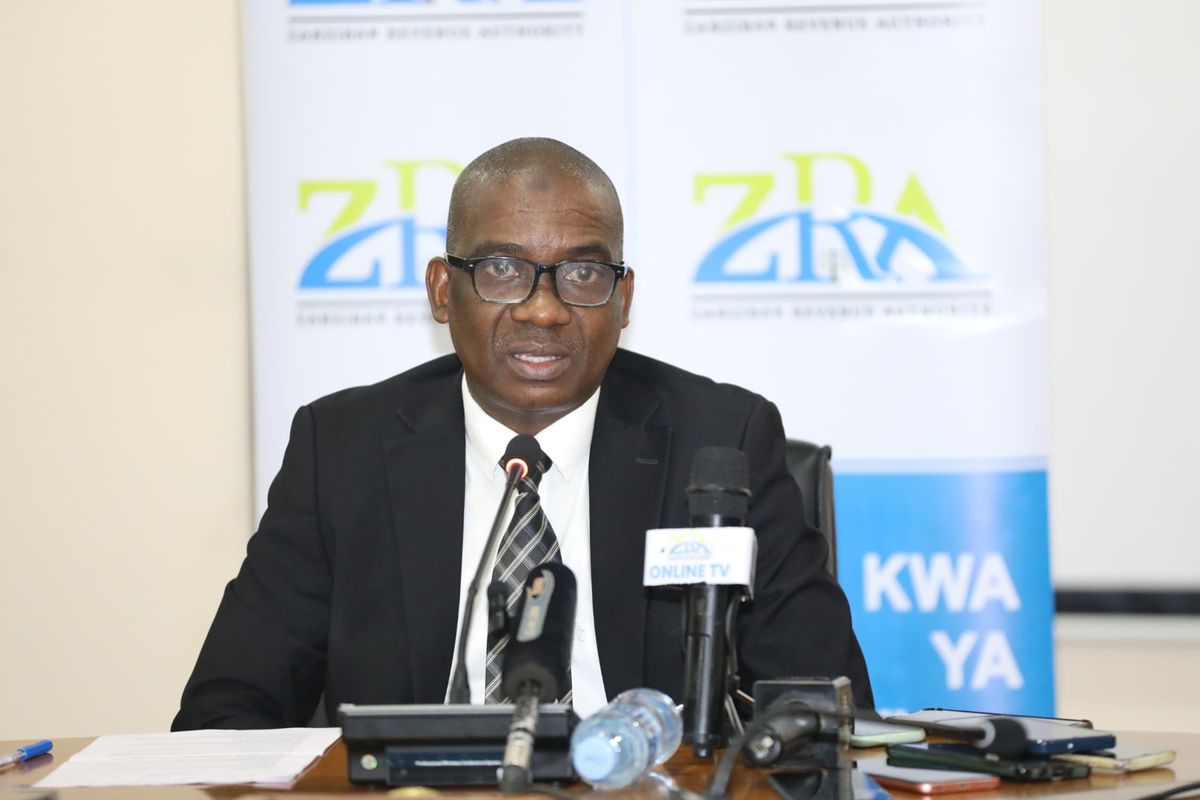Unguja. The Zanzibar Revenue Authority (ZRA) has exceeded its tax collection target by 102.34 percent for August 2024.
Acting Commissioner General of ZRA, Said Ali Mohammed, announced on Tuesday, September 3, 2024, that the authority collected Sh71.11 billion against a target of Sh69.49 billion.
He noted that this represents an increase of Sh13.87 billion, or 24.24 percent, compared to the same period last year.
“It is our responsibility to inform the public and recognise their efforts in paying taxes voluntarily while ensuring the security of these funds,” Said stated.
He attributed the increased revenue to a favourable environment, noting that without these enabling conditions, such an achievement would not have been possible.
Said emphasised the importance of reporting businesses that fail to issue receipts to ensure proper action is taken.
“Some businesses still do not issue receipts; it is crucial to provide receipts to facilitate tax payment,” he said.
He also highlighted that in July, the authority had a target of Sh50.49 billion but collected Sh53.32 billion, achieving 105 percent of the target.
Darajani businessman Ahmed Juma commented that the benefits of paying taxes are evident in the significant developments and improvements in the country’s infrastructure.
However, he stressed that businesses that do not issue receipts should face consequences to ensure everyone pays taxes fairly and without coercion.















